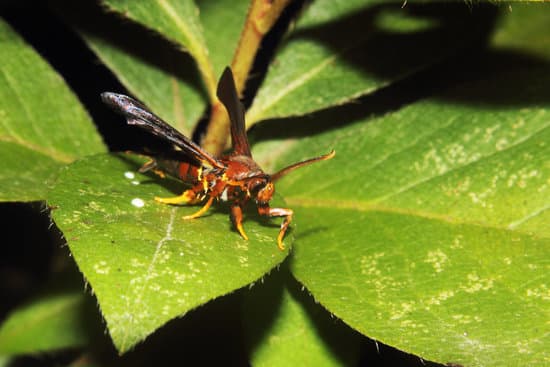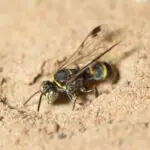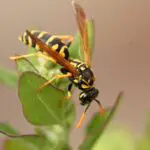Wasps and Anaphylactic Shock
Generally speaking, wasps are harmless. However, some people can have allergic reactions to wasp venom. This reaction can lead to anaphylactic shock. If you develop anaphylactic shock, you need immediate medical help.
The initial symptoms of a wasp sting include a burning sensation, itching, and redness at the sting site. The swelling and redness usually subsides within a few hours.
If you have a reaction to a wasp sting, you should seek medical help right away. A cold pack can help reduce the swelling and pain. You may also need to take antihistamines to reduce itching.
Wasps are territorial creatures. They build nests in secret places. You can get stung if you disturb their nest. Wasp colonies usually contain about ten thousand insects.
When you sting a wasp, the venom is injected into your skin. The venom contains alkaline compounds. The venom then perforates the cell walls of your body. It also liberates tiny tissue debris. This tissue debris normally excretes through your kidneys. However, too much tissue debris can clog your kidneys, which can lead to kidney failure.
Wasp stings can also cause neurological complications. Symptoms include dilated pupils, muscle weakness, and difficulty breathing. Some people also experience confusion and rapid heartbeat.
Anaphylactic shock is a life-threatening reaction. The venom causes the body to go into shock. Some people have a very strong reaction, and may even lose consciousness. The anaphylactic shock can develop within minutes of being stung.








